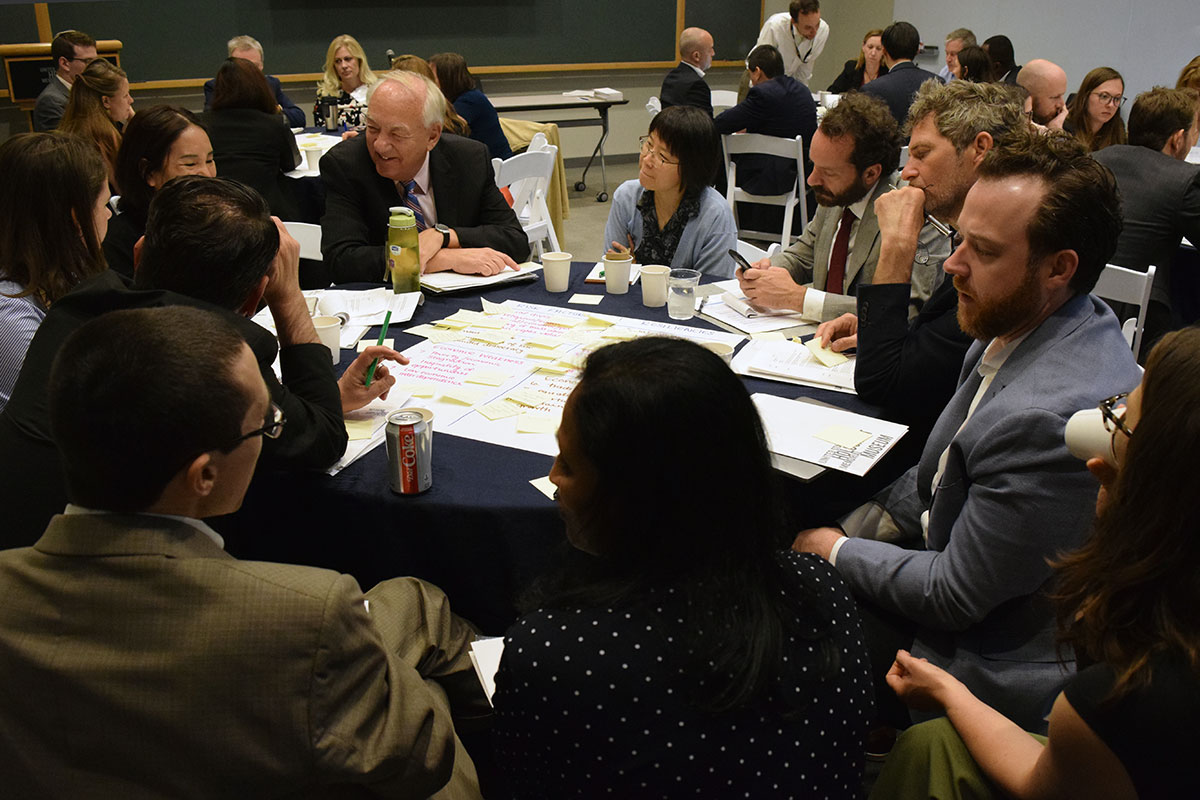In May 2019, the Simon-Skjodt Center for the Prevention of Genocide convened a group of 40 international scholars, civil society representatives, lawyers, and US Government officials to address the question "What is the role of justice in the prevention of mass atrocities?"
This seminar was planned jointly by the Simon-Skjodt Center’s research team and the Center’s Ferencz International Justice Initiative, which supports victims, affected communities, and their representatives in their quest for justice after mass atrocities.
Background
Scholars and practitioners agree that societies that have seen violence in the past are at greater risk for future violence. Many questions remain, however, about how transitional justice tools contribute to the prevention of mass atrocities and how practitioners can maximize their potential preventive effects.
Participants in the seminar crossed disciplinary and professional boundaries to assess the different pathways by which justice measures might facilitate atrocity prevention--by addressing the root causes, influencing the calculus of perpetrators, and addressing the global or transnational risks that fuel atrocities. Drawing from case-specific analysis as well as insights from research and practice, participants identified several directions for future research on the role of justice in preventing mass atrocities.
Selected Reading
- A rapporteurs’ report (PDF) on outcomes from the 2019 Sudikoff Seminar, by Amanda McCaffrey and Andrew Moore
- A research memo (PDF) on the role of justice in preventing mass atrocities, by Kyra Fox
- A list of participants (PDF) in the 2019 Sudikoff seminar
This seminar was made possible by the generous support of the Sudikoff Family Foundation, which funds the Museum’s Sudikoff Annual Interdisciplinary Seminar on Genocide Prevention.




